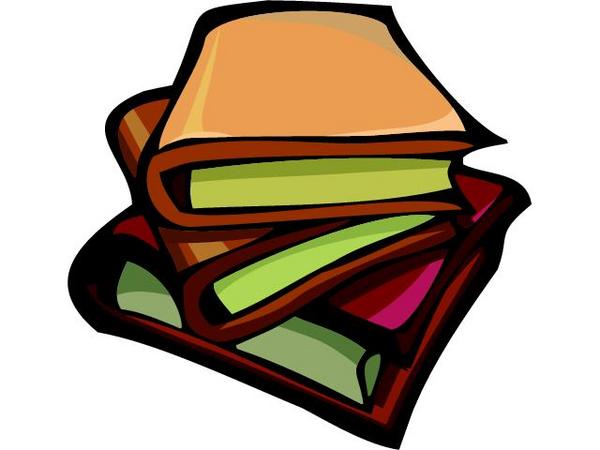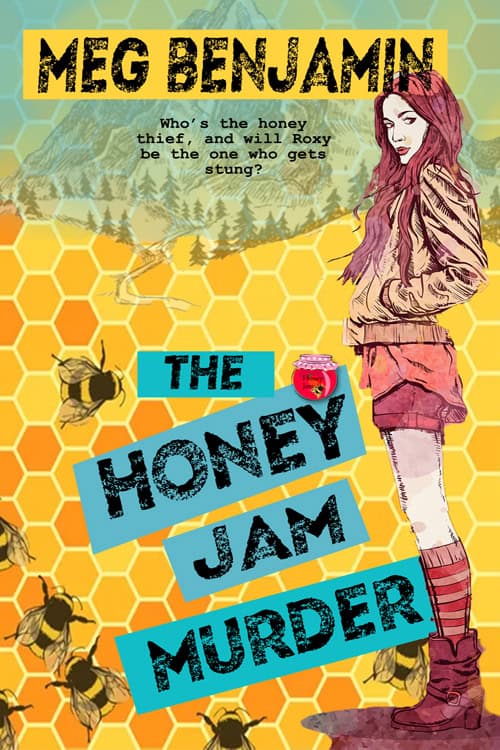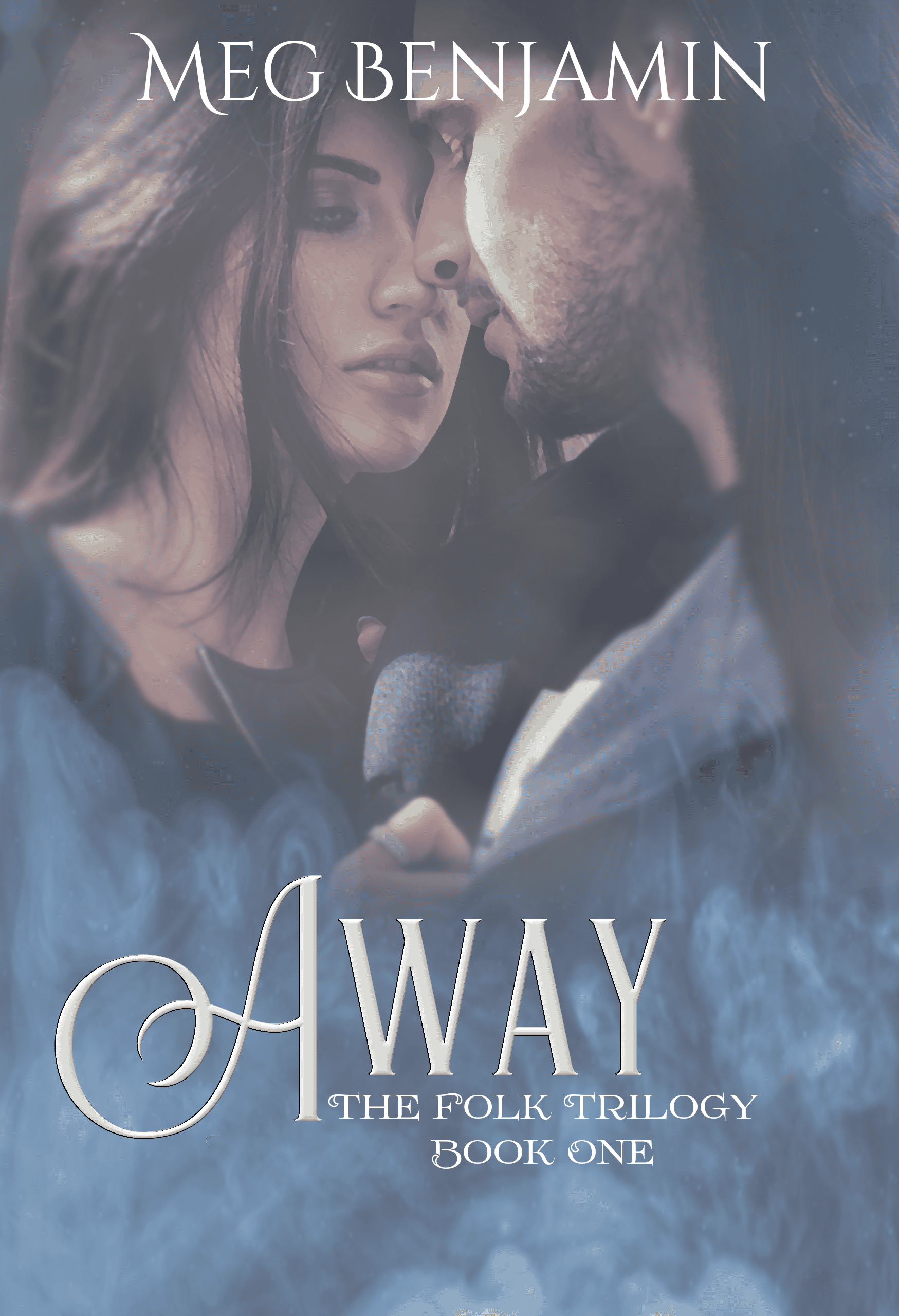Plagiarism: I Know It When I See It
 There have been several plagiarism scandals in the online writing community lately—from lifting somebody’s free story and offering it under your own name to (I’m not kidding) lifting Dracula from the Bartleby Project and offering it as a new book under an assumed name. Now all of this pretty straightforward. You steal somebody’s words and you’re plagiarizing, QED. But lately I’ve been wondering about those gray areas in writing that aren’t entirely clear. It’s not so much a question of what plagiarism consists of as it is a question of what originality consists of.
There have been several plagiarism scandals in the online writing community lately—from lifting somebody’s free story and offering it under your own name to (I’m not kidding) lifting Dracula from the Bartleby Project and offering it as a new book under an assumed name. Now all of this pretty straightforward. You steal somebody’s words and you’re plagiarizing, QED. But lately I’ve been wondering about those gray areas in writing that aren’t entirely clear. It’s not so much a question of what plagiarism consists of as it is a question of what originality consists of.
Take plot, for example. Shakespeare’s plots are notoriously borrowed. He used stories from Plutarch, Boccaccio, Plautus and a number of other sources. In fact, Shakespearean texts usually begin by describing just where Shakespeare appropriated this particular story. But no one claims that Shakespeare is a plagiarist. Plots are fair game, although readers may well point out that Book A is pretty similar to Book B, which perhaps did a better job with that particular twist.
So plots are free for the taking. But what about other things? Suppose an author, let’s call him Willy S., has a really cool love scene that takes place on a balcony, and I decide I want to do the same thing. Maybe I even go a step further and have my heroine on said balcony and my hero down below, ready to climb the ivy to be near her, just like Willy S. did. Am I plagiarizing? No, not by most contemporary standards. However, I’m not exactly original either. I’m borrowing and I’ll probably get called for it.
Now for the trickiest thing of all—using research. One of my favorite books of all time, Ursula Le Guin’s The Left Hand Of Darkness, includes an epic journey across a series of glaciers taken by the book’s two heroes (it’s on a planet that’s in a perpetual ice age). The first time I read the book I was convinced that Le Guin herself must be a mountain climber or backpacker because her details were so vivid. But it turned out, according to Le Guin herself, that she based all of these details on firsthand accounts of Arctic and Antarctic adventures. In other words, the facts she presented were real because they were taken from others’ experiences. In this case, I’d argue that Le Guin’s unique perspective creates an original narrative. But for those of us who study others’ work in order to understand what happens when you do something like skiing a downhill course, are we really writing our own stuff or are we simply repeating what we’ve heard?
If we not only repeat what we’ve heard but repeat it in the words of the original source (as happened a couple of years ago with historical author Cassie Edwards) then we’ve clearly crossed the line. But what if the words are changed? If I’m writing a novel about mountain climbing and I choose to base part of it on Jon Krakauer’s Everest account in Into Thin Air, is that plagiarism? I doubt that Krakauer could take me to court, but others could claim that I’m not exactly original.
And yet few of us write only about what we’ve experienced personally. If I stuck to that, my books would have a somewhat limited appeal. I’ve never run a bookstore or managed a winery. It goes without saying that I’ve never been a cop. For all of those things I’ve used my imagination, but I’ve also used the experiences of people who have, in fact, done those things. The best I can do is to acknowledge and thank those people. And hope that nobody thinks I’m stealing.
Originality is a rare commodity. I’m wondering now if it’s possible at all.
Posted in Blog • Tags: On Reading, On Writing, originality, plagiarism | 2 Comments









Interesting post! I’ve watched the online feeding frenzies and hysteria. Some deserved, some iffy.
Research is a tricky one. But it’s no longer “write what you know.” It’s “write what you think you can find out.” I’m a bigtime researcher – I’ve never done a sword fight of laid seige to a castle or climbed a mountain, but it’s all in my books. The HARD part is figuring out what’s a legitimate source vs. not so reliable, what parts to use and what to skip – and how to word it so it DOESN’T sound like a technical manual! My personal rule is if you find the exact same thing in three legitimate sources, it’s probably real – though who’s to say one of those didn’t get it from one of the other two? *sigh*
Gives me a headache.
I think research is to lend a “real” feel to fiction. Especially with “speculative fiction” (sci fi, fantasy) it’s a mixture of real with made-up. The familiar & real gives readers a bridge to the alternate reality, and hopefully makes the “fantasy” a little more solid and a little less “out there.”
Oh man, this is yet another reason I don’t do historicals! Love to read them, though.